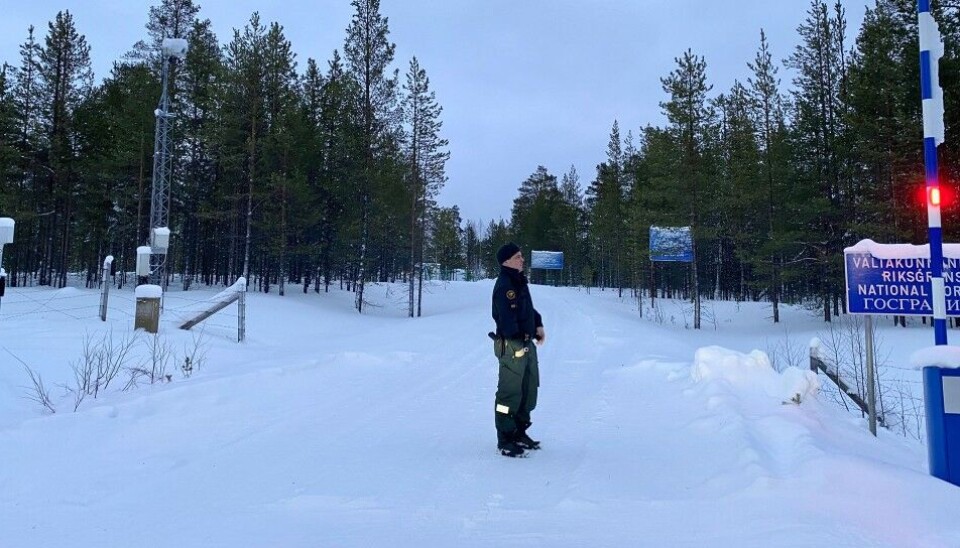
Finland’s eastern border to remain shut indefinitely
As expected, the Finnish government on Thursday decided to extend the closure of the border with Russia.
In the past, the closure has been reconsidered every couple of months, but this time the decision is open-ended.
“We have not seen anything this spring that would lead us to conclude that the situation has changed meaningfully. In addition, spring will provide opportunities to put more pressure on Finland. There are hundreds and possibly thousands of people close to Finland’s border on the Russian side that could be instrumentalised against Finland,” said Interior Minister Mari Rantanen (Finns) in a statement.
With warmer weather on the way, this time the decision also covers border crossing points at three small-boat harbours: Haapasaari, an island off the southeastern city of Kotka, Santio, an island in Virolahti, Finland’s southeasternmost municipality, and Nuijamaa lake harbour in Lappeenranta on the Russian border. They will be closed to pleasure boat traffic from mid-April.
“By closing border crossing points for maritime traffic to leisure boating, the Government is preparing for the possibility that instrumentalised migration could expandgto maritime traffic as spring progresses,” the Interior Ministry said in a statement.
“This would be dangerous to people seeking to enter Finland and would burden maritime search and rescue,” it went on to say.
Controversial repatriation bill
The frontier has been closed since December, when Finnish authorities accused Russia of orchestrating the flow of third-country asylum seekers across the border as a means of hybrid influence.
Nearly two months ago, the government led by Prime Minister Petteri Orpo (NCP) extended the closure until 14 April. Another extension was widely expected, with officials predicting that favourable spring weather conditions would spur more arrivals across the border.
The cabinet also plans to ask Parliament soon to approve a more stringent border law that would allow migrants deemed to have no grounds for seeking asylum to be immediately sent back to Russia. That bill, which was still being finalised on Thursday, has come under criticism for violating international border treaties.
This story is posted by the Barents Observer as part of Eye on the Arctic, a collaborative partnership between public and private circumpolar media organizations.













